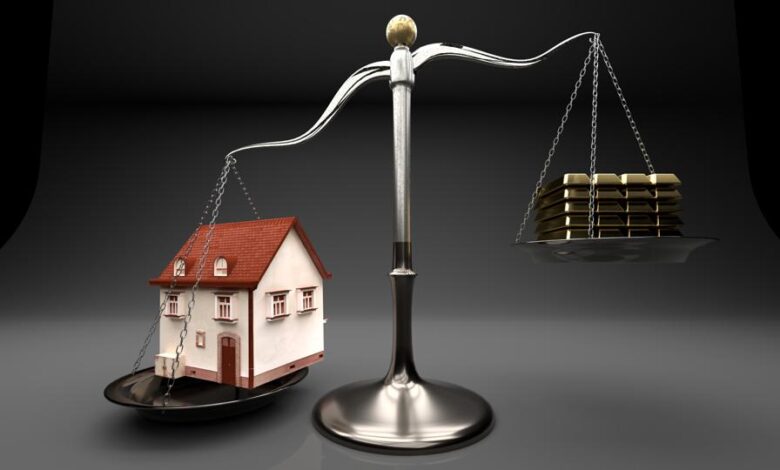The mortgage term and amortization schedule you select

The mortgage term and amortization schedule you select
The term is the length of your mortgage agreement. Mortgages in Canada can last from six months to 10 years. According to Statistics Canada, the most popular mortgage term is a five-year fixed-rate mortgage, which will account for 49% of all Canadian mortgages by 2020.
The popularity of the 5-year fixed term might be attributed to the fact that many people, including financial institutions, prefer having a regular payment schedule rather than feeling locked in a contract for an uncomfortably long period of time.
Period of amortization
Do not confuse the duration of your mortgage with the amortization period, which is the amount of time it will take to pay off your mortgage entirely.
In Canada, the most often used amortization term is 25 years. In fact, if your down payment is less than 20% of the home’s value, you can’t exceed a 25-year amortization period. If you put down more than 20%, you can have an amortization period of up to 35 years.
Some borrowers select the shortest amortization time feasible.
Here are some other mortgage contract terms to be aware of:
Temporary mortgage. Terms of not more than five years. A short-term mortgage can have either a variable or fixed interest rate.
In speaking, the lower the interest rate, the shorter the term; however, for many Canadians want to avoid the whims of the economy, financial security may be worth the extra cost of locking in your mortgage for a longer period of time.
Long-term finance. Longer than five-year periods Longer-term mortgages are usually fixed-rate, with large prepayment penalties if the contract is terminated within the first five years.
Open the mortgage. An open mortgage is the most versatile type of mortgage since it allows for debt prepayment without penalty, potentially saving you a significant amount of money on interest.
However, you pay for this independence with higher interest rates than with a closed mortgage, so if you do not pay off the mortgage early, you will lose money.
The mortgage was finished. A closed mortgage locks you into a mortgage contract for a certain number of years in exchange for a lower interest rate. If you pay off your mortgage early, you will incur a significant prepayment penalty.
Mortgage protection. A high-ratio mortgage requires mortgage default insurance if the down payment is less than 20% of the property’s value. The insurance protects the lender if a borrower fails to pay their mortgage.
Mortgage default insurance premiums normally range between 0.60% and 4.50% of the entire loan amount.
Prepayment penalty on mortgages
Prepayment penalties are fees that you may incur if you pay off all or a portion of your mortgage before the term ends. Prepayment penalties are an important element to consider when deciding which form of mortgage to get since they may cost you tens of thousands of dollars.
Prepayment penalties vary based on your lender and mortgage agreement. The penalty charge for fixed-rate mortgages is typically the larger of:
Three months’ interest on the prepayment amount, or interest on the prepaid amount for the remainder of the time, calculated using an interest rate differential.
The interest rate differential varies based on the lender, but it is often calculated as the difference between your current mortgage rate and the rate posted by the financial institution.




